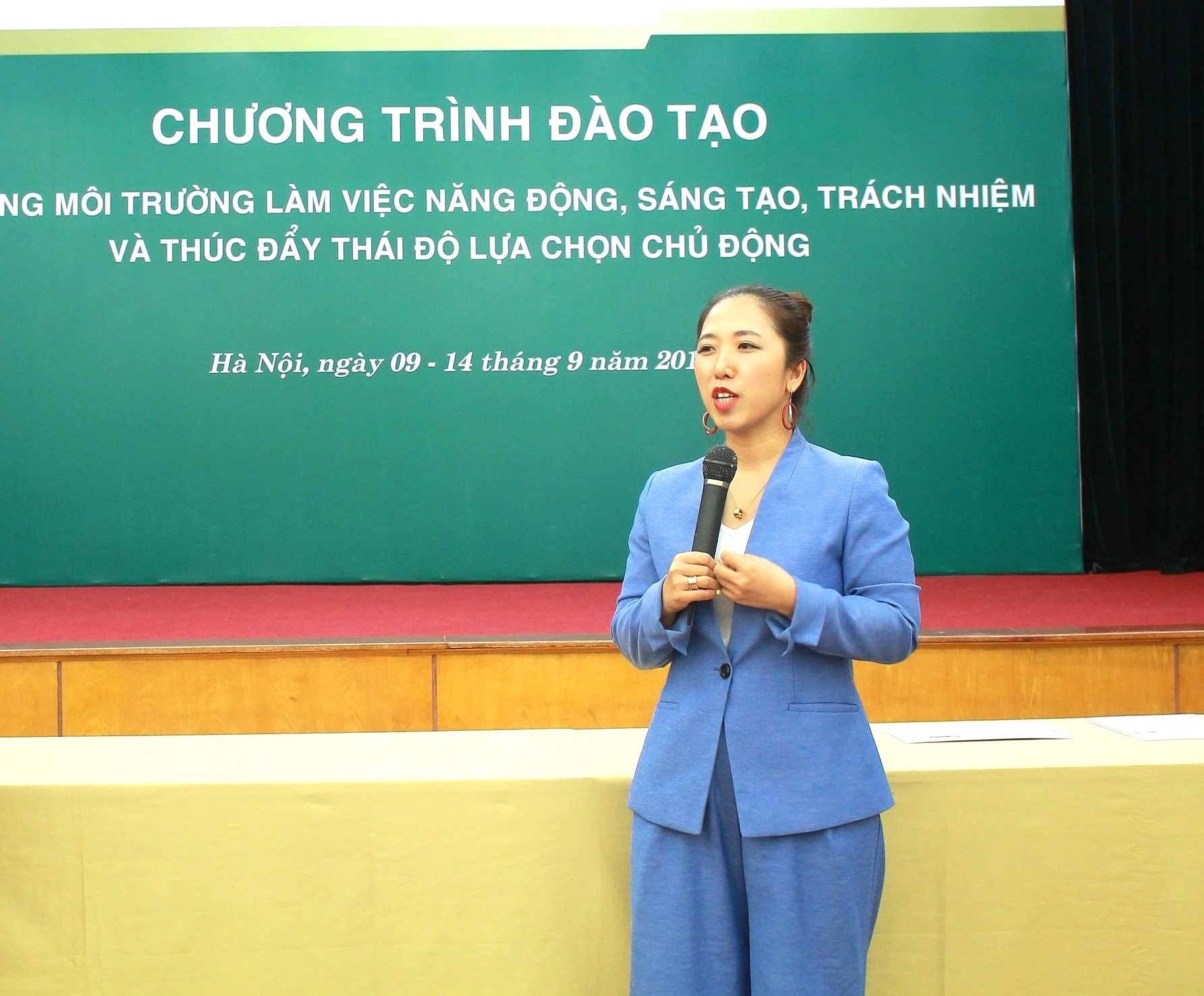Nguyen Viet Ha, a Vietnamese national, came to Japan in 2000 as a government-sponsored student and studied venture capital and financial engineering. She has lived in Japan for more than 20 years and is currently busy running a company and lecturing at a university. Meanwhile, in 2023, Japan and Viet Nam celebrate the 50th anniversary of the establishment of diplomatic relations. Having been involved in business between Viet Nam and Japan for many years, what are the changes in Viet Nam-Japan relations as seen by Viet Ha, and what are her hopes for the future?
Ride with the times and study in Japan.
100% serious about both studies and out-of-school experiences!
– Why did you choose Japan as your study destination?
When I was a university student, relations between Viet Nam and Japan were just beginning to improve. Yet still, France and Russia were the most common destinations for study abroad. I was also studying French and English in addition to my major subjects, with the intention of eventually studying in France.
I think that my decision to come to Japan to study was largely a reflection of the times. Viet Nam was just recruiting government-sponsored students to Japan in order to foster students in the field of economics. I took the exam as a trial and passed, so I was able to go to Japan on short notice.
– You came to Japan with zero Japanese language skills?
I didn’t even know how to say ‘aiueo’ (the first five syllables of the Japanese launguage). There were no internet searches yet, so my knowledge of Japan was limited. However, like many young people, I had read manga that had been translated and published in Viet Nam, such as “Doraemon”, “Dragon Ball”, “Ore ga Teppei” and “Captain Tsubasa”, so I thought Japan looked like an interesting country.
For one year after arriving in Japan, I studied Japanese intensively at a Japanese language education centre with a dormitory, and in my second year I transferred to the Faculty of Business Administration. It took three or four times the effort to complete my studies in my specialisation at university despite my inexperience in Japanese.
– Did you have time to enjoy life in Japan?
Yes, of course. First of all, the food in Japan was delicious and suited my tastes so much that I gained a little weight (laughs).
Also, my host family in Osaka was very good to me and invited me every weekend and gave me many unique Japanese experiences such as kimonos, festivals, Japanese food… During the weekdays I would concentrate on my studies, and on the weekends I would experience various things and learn about Japanese culture, traditions and the hearts of people. Through the Japanese people, I came to love Japan even more. Many of the experiences I had then are still useful today, and I am grateful for them.
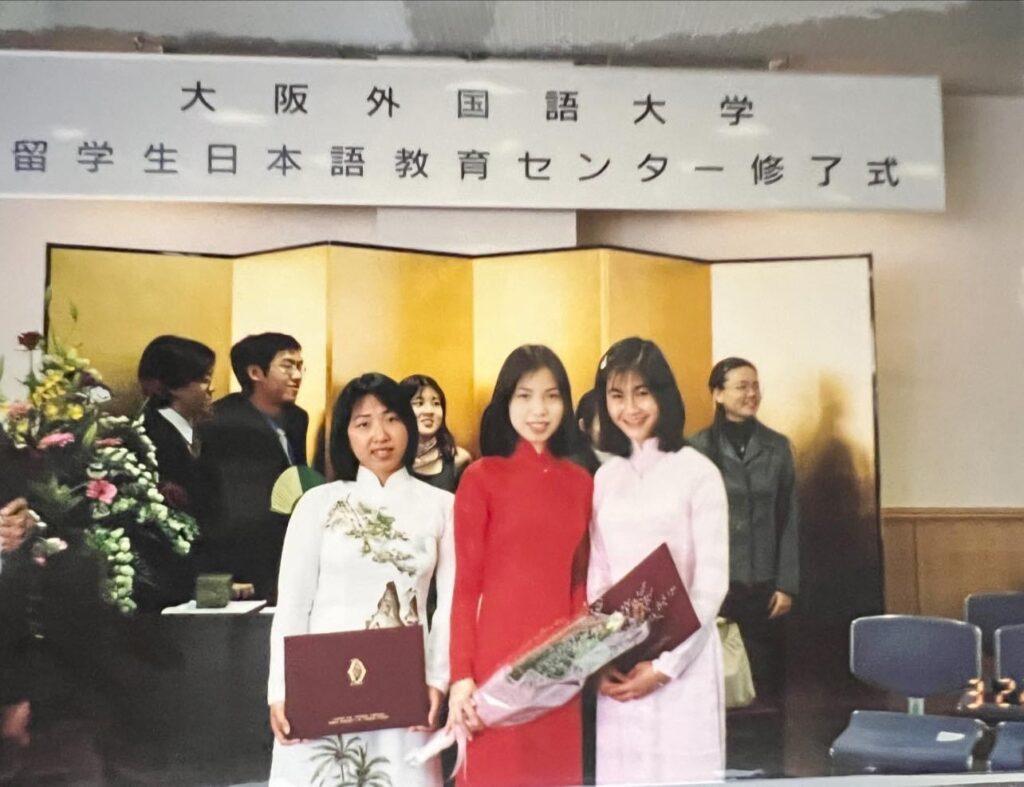
Whatever it takes, with the best effort!
That’s what makes a career.
– After studying at a university in the Kansai region, you went on to postgraduate studies in the Kanto region. What were your student years like?
At university, I studied under world-class professors in the fields of business administration and corporate finance. I thought, ‘This is a great opportunity, it would be a waste if I don’t study!’ I read many, many technical books, wrote reports and talked with teachers. While studying hard, I also had a lot of interaction with other students. My seminar mates at the time are all active at the forefront of the economic and industrial world today. We still keep in touch with each other today.
– What kind of work are you currently doing?
The main business of the company I established in 2016 is fund management, training and business consultancy between Japan and Viet Nam. I run training courses at the request of universities, government offices and companies in Japan and Viet Nam. The themes vary, but if it’s a company, it’s often training for executives. Also, recently, more and more of them are on the theme of the green economy (an economy that achieves sustainable development and development). Environmental issues are an important theme, regardless of country. I also serve as an external director of a listed healthcare company. I would like to contribute to making Japanese companies more competitive in the global market as well.
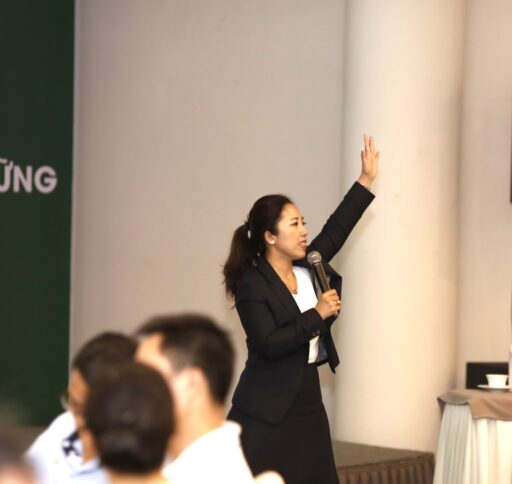
– Do you think your studies and experiences as a student have helped you today?
The risk assessment methods I learnt at university, the negotiation techniques based on psychology, and the warm interactions with people in Japan… all of this is useful in my current job. I am often asked by juniors and students, “What should I study for my future?” But to be honest, I think anything is fine. If you study anything seriously, it will help you in the future. I am convinced of this from my own experience. It’s important to put your best effort into whatever you feel is the best fit for you at the time.
My son whose father is Japanese, is a ‘double’.
He has many treasures.
– After graduating from university, you worked for a finance company and then set up her own company. During this time, you married a Japanese and are now the mother of a child?
In Viet Nam, it is common for women to continue their careers after marriage. Naturally, I also continued to work after marriage, and with the support of my mother-in-law, I am able to balance work and family life.
– You has a international marriage, what is important to you when raising your child?
What I want to pass on to my child is knowledge that is useful for him and a warm heart for relationships, and a global mindset. I don’t really like the word ‘half’. I tell my son, ‘You are a double’. Two families, two home countries, two cultures, two passports. When it comes to languages, it’s more than double. If you study, you can have many more.
Also, identity is inseparable from culture, so I value both Vietnamese and Japanese culture. I believe that it is important to be objective and not critical when communicating about either Japanese or Vietnamese culture.
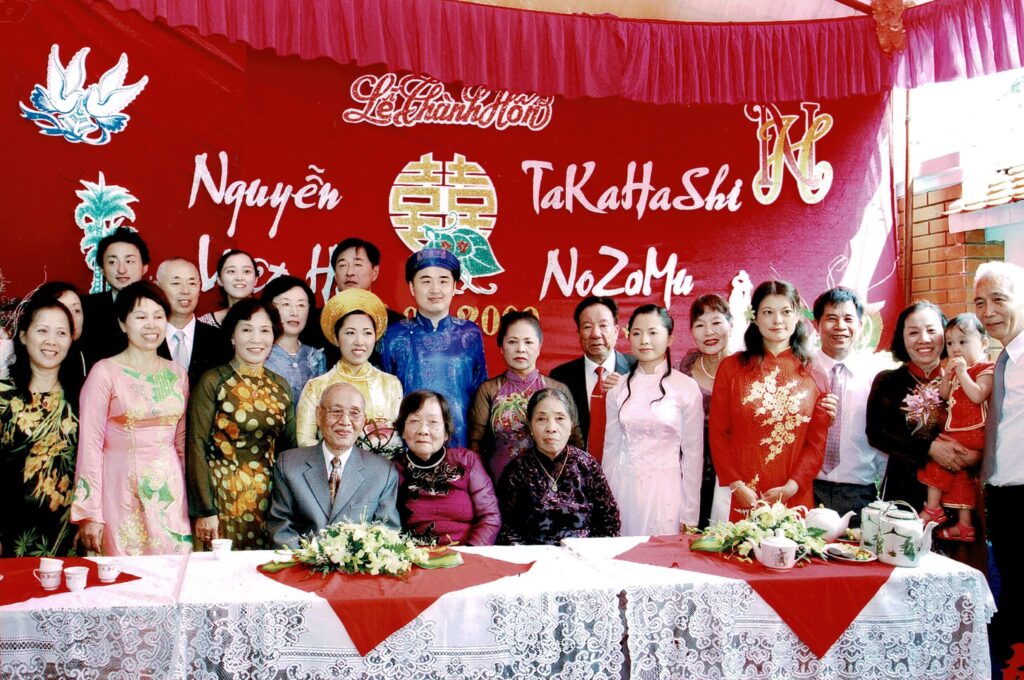
Japan-Vietnam exchange has been expanding.
From now on, we will have a deeper relationship.
– Japan and Viet Nam are celebrating the 50th anniversary of the establishment of diplomatic relations, how do you think the relationship has changed between when you first came to Japan and now?
When I first came to Japan, there were about 2,000 Vietnamese in Tokyo, a limited number of people, such as international students and business people. But today, there are about 500,000 Vietnamese in Japan. The structure of the population is also becoming more complex, with people of business, students, technical intern trainees and special activities.
There are many positive aspects to this trend, such as the increase in Vietnamese restaurants and Vietnamese festivals. On the other hand, there are also challenges. For example, children’s schools. There are Korean and Indian schools in Japan, but there are no Vietnamese schools yet. I feel that there are many administrative issues that need to be addressed in order to make life easier for Vietnamese people.
And there is still a language barrier. Of the approximately 500,000 Vietnamese, there are probably 80% who do not speak much or any Japanese at all.
– What do you think is needed to solve the problem?
Regarding the language barrier, it would be good if there were more opportunities to study before coming to Japan. On the other hand, I also think that it would be good if Japanese people could open up more to Vietnamese people who come to Japan, for example by becoming host families.
What is also regrettable is that many Vietnamese come to Japan only to work. Many of them don’t have many opportunities to experience the good things and good points of Japan. To solve this problem, I started volunteer activities last year. We organise events where Vietnamese in Japan from various walks of life can interact with each other, talk shows to help people understand Japan, and online Japanese lessons. Among these activities, I am particularly attached to ‘Japan Talks’, a talk show on YouTube to help people understand Japan. Themes covered include ‘Omotenashi’ and ‘Ikigai’, which are useful for understanding Japan. There was also a session on ‘What should I pay attention to when I marry a Japanese person?
*‘Japan Talks’(Link to the YouTube channel)
– What are your expectations for the future of Japan-Viet Nam relations?
On the occasion of the 50th anniversary of the establishment of diplomatic relations, exchanges between Japan and Viet Nam are increasing. I hope that by the time we celebrate the 60th anniversary, people will be able to travel more easily between Japan and Viet Nam, and that exchanges between the two countries will not be superficial, but will be furnished with stronger bond of mutual understanding.
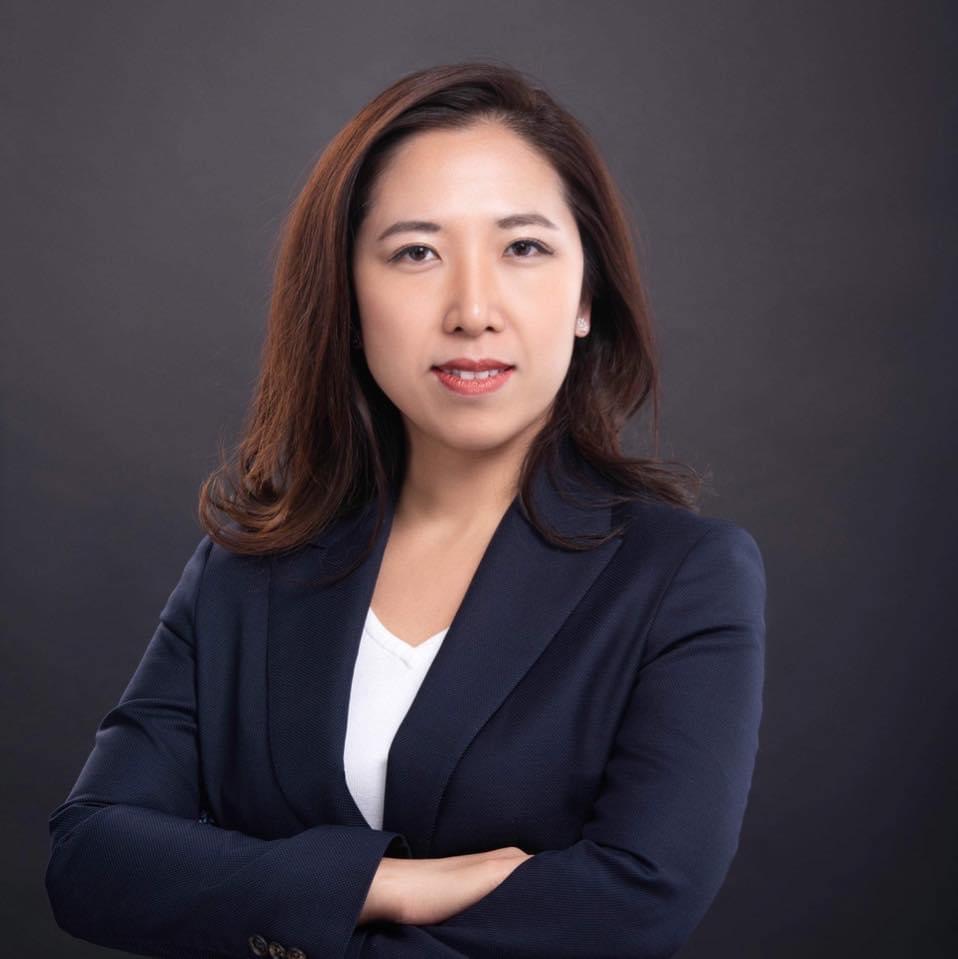
Nguyen Viet Ha
Director and President of KENNET COMPANY Ltd. Studied Japanese at Osaka University of Foreign Studies (now Osaka University), business administration at Kobe University and financial engineering at Yokohama National University. After working for a Japanese company, she established KENNET COMPANY Ltd. in 2016. She is an external director of Hogi Medical Inc. and a part-time lecturer at Yokohama National University. She is also involved in volunteer activities to support Vietnamese people living in Japan.
Interview and text: Orie Murohashi
Photos: Nguyen Viet Ha


